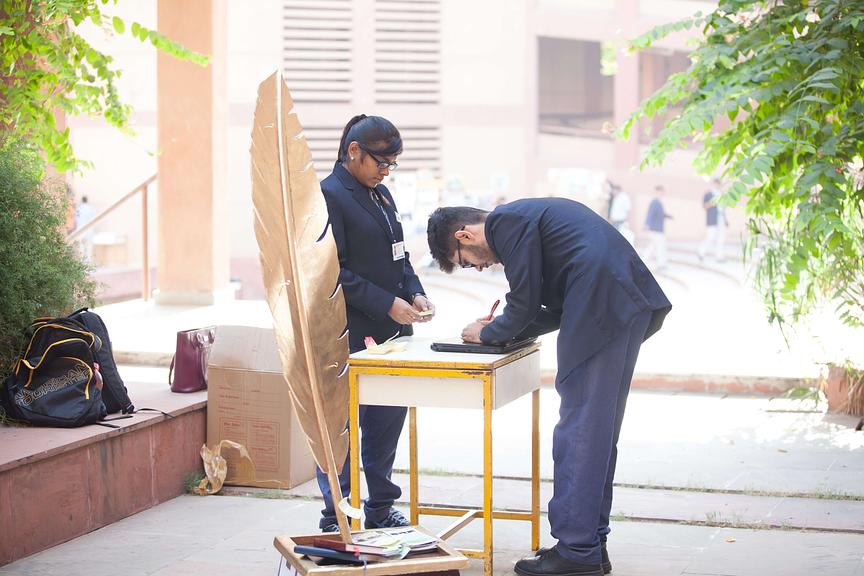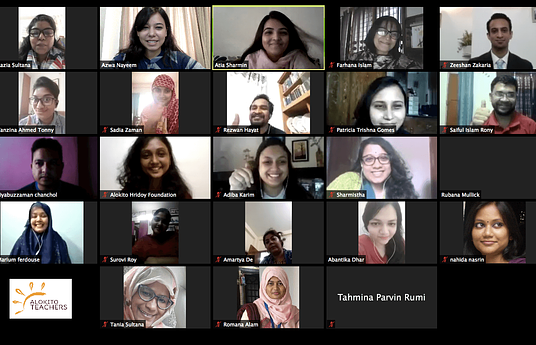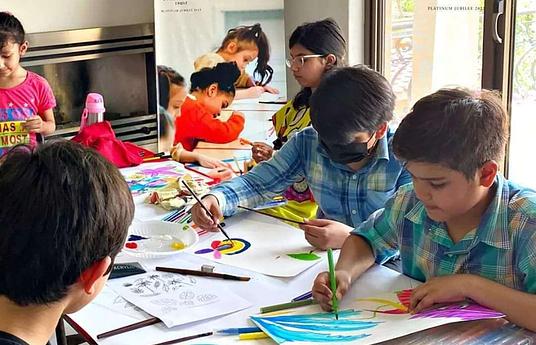The Educational Technology Summit Series is an intellectual property of Mahattattva Educational Advisory Pvt. Ltd. Mahattattva is a boutique consultancy for schools that works in the field of digital leadership, technology integration in schools, monitoring and evaluation, school audits and teacher professional development.
The Educational Technology Summit Series, an annual affair, has successfully witnessed five summits, every year since 2014. The summit was conceptualized with four main objectives: (i) to start a dialogue regarding what digital leadership in schools should look like; (ii) to discuss decision-making strategies regarding educational technology; (iii) to showcase best practices in technology integration; and (iv) to deliberate on the need for continuous and sustained professional development. Accordingly, four strands were developed, namely, Digital Leadership, Decision-making regarding Educational Technology, Integrated Technology in Classrooms, and Professional Development in Educational Technology.
The Educational Technology Summit Series initiative has been selected by the Centre for Technology, Innovation and Competition (CTIC) at University of Pennsylvania (UPenn) to be converted into a case study. The innovation also recently received accolades at BETT Asia 2019, wherein Deepti Sawhney received the Leadership Award.



